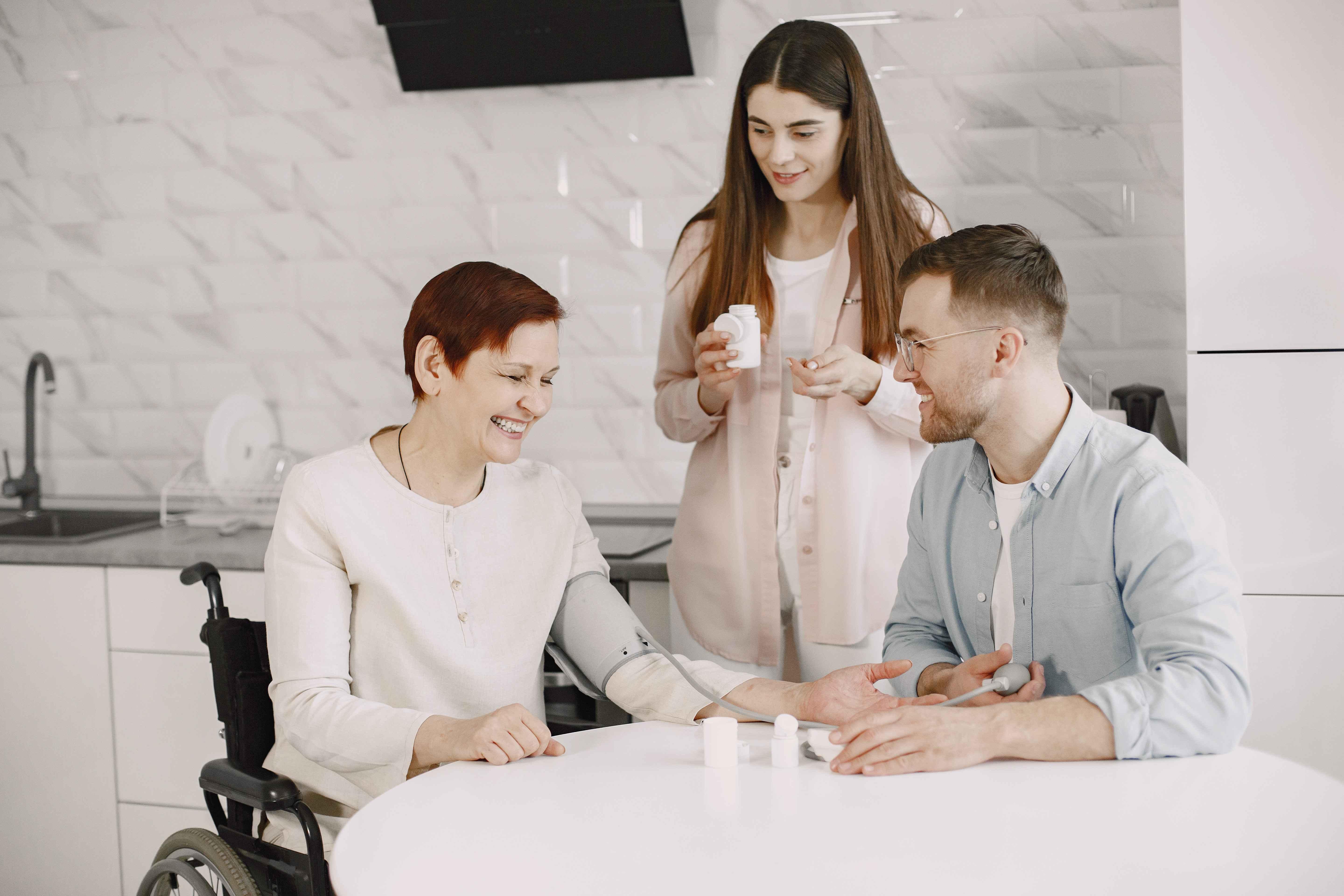Positive Behaviour Support (PBS) is a values-driven, evidence-based approach designed to improve the quality of life of individuals by understanding and addressing the reasons behind challenging behaviours. Instead of focusing on punishment or restriction, PBS promotes meaningful engagement, skill development, and supportive environments that help individuals thrive.
At its core, Positive Behaviour Support recognises that every behaviour has a purpose. By identifying triggers, needs, and environmental factors, support providers can create personalised strategies that reduce challenging behaviours while encouraging positive, long-term change.
Why Positive Behaviour Support Matters
Positive Behaviour Support is widely used in disability care, especially within the NDIS framework in Australia. The approach focuses on:
1. Improving Quality of Life
PBS aims to help individuals live more independently, build meaningful relationships, and participate confidently in daily activities.
2. Reducing Restrictive Practices
PBS prioritises safe, ethical, and non-restrictive strategies that protect dignity and human rights.
3. Building Skills and Independence
Through structured plans, individuals learn communication, social, and emotional regulation skills that support positive behaviour in the long term.
4. Supporting Families and Caregivers
PBS equips families, support workers, and educators with strategies that create consistent, supportive environments.
Key Components of Positive Behaviour Support
A well-designed PBS plan includes:
Functional Behaviour Assessment (FBA)
Understanding why a behaviour occurs, what triggers it, and what reinforces it.
Individualised Behaviour Support Plan
A tailored plan outlining proactive strategies, environmental adjustments, and evidence-based interventions.
Skill-Building Programs
Teaching new skills such as communication techniques, self-management, daily living skills, or emotional regulation.
Proactive and Preventative Approaches
Reducing triggers, improving routines, and creating predictable, positive environments.
Continuous Monitoring and Review
Tracking progress and adjusting strategies to ensure ongoing success.
Positive Behaviour Support with Gracebook
Gracebook helps NDIS providers, support coordinators, and behavioural specialists deliver better support through:
-
Efficient client management tools
-
Simplified documentation and record-keeping
-
Secure communication features
-
Easy scheduling and progress tracking
With Gracebook’s platform, providers can streamline their Positive Behaviour Support services, ensuring consistency, collaboration, and improved outcomes for every participant.
Conclusion
Positive Behaviour Support is more than a behaviour management strategy—it is a holistic, compassionate approach that empowers individuals to live more independent and fulfilling lives. By focusing on strengths, needs, and meaningful support, PBS creates positive change that lasts.

